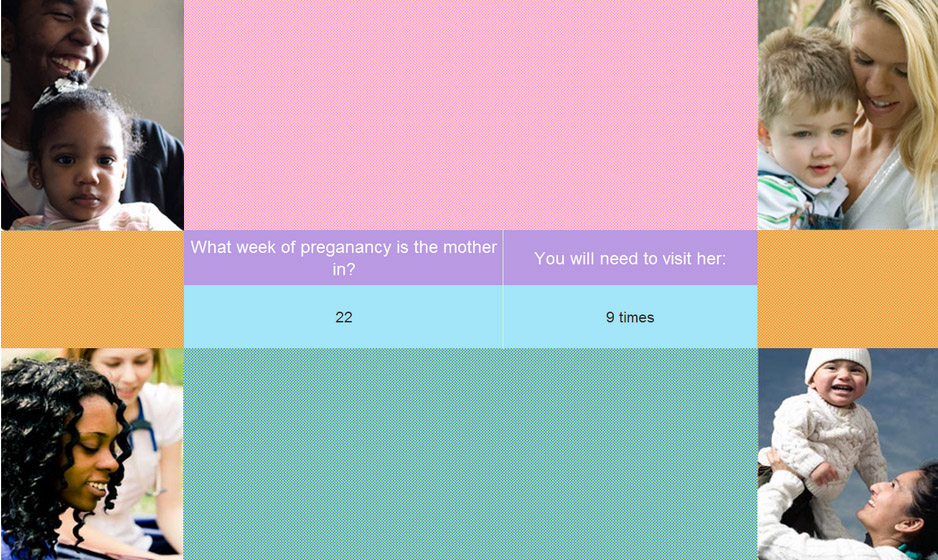The first few weeks of the fellowship focused on defining our problems — talking to our partners, understanding their problems and data , brainstorming technical strategies, and scoping out proposed solutions.
But alongside defining our problems, we have also been redefining what a problem is.
Data Science for Social Good fellows come from a wide variety of backgrounds, but most of us come from academia. The university research culture sometimes trains us to focus on the border between known and unknown, and to dismiss a problem as “uninteresting” or “not worthwhile” once it’s been solved — even if only in theory, in an obscure journal article.
This summer, the fellowship is harnessing the technical skills we’ve developed in the classroom and the lab and applying them to real-world problems that matter. And what matters in the real world can be worlds away from what matters in academia – though that’s one of the key things this University fellowship is trying to change.
Recently, the fellowship had a field trip to a partner organization, Nurse Family Partnership, which makes home visits to first-time, low-income mothers to help them and their babies achieve healthier and happier lives. Over the years, NFP carefully collected data on everything from babies’ birthweights to mothers’ career goals, from toddlers’ fine motor skills to family relationships. This summer, we’re analyzing this data to assess the program’s effects on children’s health and household stability.
The big-hearted nurses spent several hours with us, sharing their insights on the tremendous challenges faced by their vulnerable clients, who are often young and overwhelmed. The discussion provided critical context for understanding their data, putting a human face on the rows and columns.
As we were wrapping up, the nurses mentioned a technical task that often frustrated them: figuring out how many meetings to schedule with a new client based on her pregnancy stage. They wondered aloud if there was a “techy computer tool” that might do this more easily.
“We can totally do that!” the fellows immediately exclaimed.
And we totally can. From our technical perspective, the task was so simple — literally one line of code — that we would never have considered it a problem at all. From the nurses’ perspective, however, it forced them to struggle with cumbersome arithmetic instead of nurturing a new client, to fight with fractions instead of connecting fully with an expectant mother.
Our enthusiasm to help was palpable. After all, we spend most of our days at our computers, interacting more with pixels than people. We don’t know how to support an anxious young mother. We don’t know how to give a child a good start in life. After a morning of growing our appreciation for the incredible work NFP does every day, we were energized to help out using the skills we do have.
Less than twenty four hours later, a fellow had created their requested tool – complete with accompanying graphics of cute babies:
(See how happy those beaming mothers are? That’s because their nurses don’t have to stress about math anymore!)
Of course, the main work that our team of fellows working with NFP is tackling this summer is far more complex than one line of code. But our visit reminded us that to make an impact, we don’t always have to use the latest and greatest new algorithm or blast through terabytes of data. Sometimes, a problem can be a problem not only because it hasn’t been solved yet, but because it hasn’t been solved in the places that matter.
